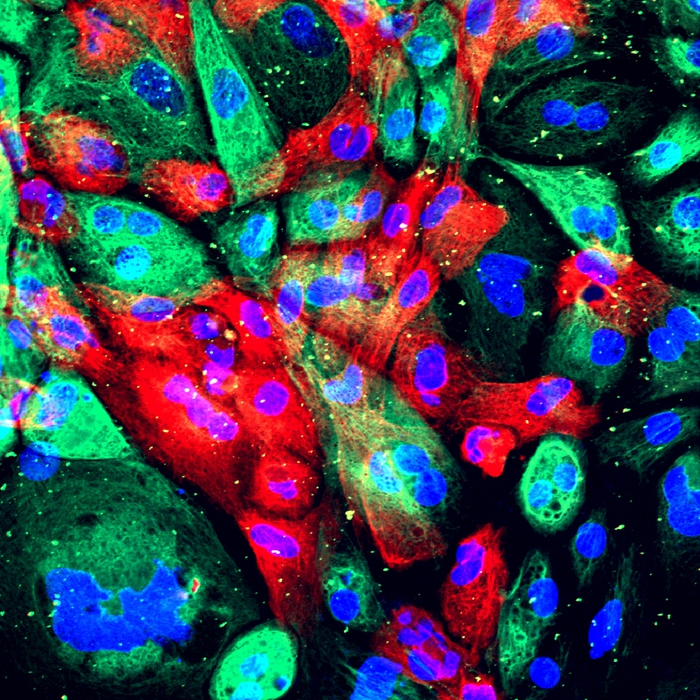It seemed like a confused and indistinct chatter, but in reality the 'voices' of the cancer cells know how to send strong and clear messages, which promote uncontrolled growth. The researchers from University College London deciphered them for the first time, thanks to a super 'ear': it is a new analysis technique that has allowed us to intercept single 'words' exchanged among millions of cells within organoids, mini tumors grown in test tubes from patient cells.
The result is published in the journal Nature Methods and will help to understand how tumors escape the control of the immune system and how they become resistant to therapies, in order to develop increasingly effective and tailored treatments.
"Organoids are already revolutionizing cancer research by allowing us to experiment with new drugs and understand if they are effective," says study coordinator Chris Tape. Now the application of "this new technique helps us understand why a treatment works or not, revealing in unprecedented detail how cells talk to each other".
Listening to them all together does not help much: for this reason the researchers have separated the individual cells that form the organoid and mixed them with specific antibodies that allow to capture the most important signal molecules. The antibodies, in turn, had previously been linked to heavy metal atoms, to be able to separate them by applying a magnetic field once the mix of cells and antibodies is nebulized. A sort of mass spectrometry, however in a revisited version.
The procedure was tested to analyze organoids 'avatars' of colon tumors and allowed to identify in one fell swoop 28 signal molecules exchanged by six types of cells, out of a total of over one million cells. The result shows that cancer cells (as well as immune and connective cells present in the organoid) alter the normal network of molecular signals in the tissue, promoting uncontrolled tumor growth.
"Mutations in cancer cells mimic the growth signals that normally reach cells from the surrounding tissue environment," adds Tape.
"In healthy tissues, environmental signals are tightly controlled so that cells don't grow too fast. Unfortunately, in cancer, the mutations that mimic these environmental signals are always on and promote uncontrolled growth." The next goal will be to use the 'super ear' to find out how to block communications that allow sick cells to resist therapies in individual patients. A crucial step towards increasingly personalized treatments.
Listening to the voice of tumors, it opens the way for tailor-made treatments
2020-02-18T11:21:06.409Z

Explains drug resistance and lerecidive (ANSA)


/cloudfront-eu-central-1.images.arcpublishing.com/prisa/PXTLDZ4PUVFJLM6CHYFPYPWVKI.jpg)





